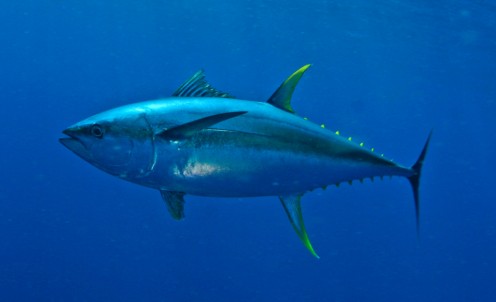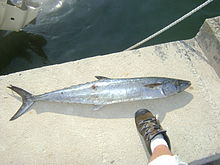What are the reasons why some fish have higher mercury concentration; the causes.



Fish can slow down the aging process
Ever since elementary school, we must have been told how fish is a body building and tissue repairing food. Fish is a good source of protein which contains important nutrients like vitamin B-12 selenium, iron, and zinc. The oil found in fish is a source of omega-3 fatty acids, which is an essential component for a healthy heart, brain, and mood. People who eat more fish are likely to live longer and healthier. A new research carried out by scientist suggested that the omega-3 fatty acid from fish oil slows down the aging process.
Though, it is advisable to eat fish 2 or 3 times a week. However, fish contain mercury; they are exposed to mercury the same way we are also exposed to it through the foods we consume and environmental pollution. Some types of fish contain a trace amounts of mercury while others fish contain a high amount of mercury.
Should you be worried about high mercury in fish ?
The species of fish that are high on the food chain such as Tuna, Shark, King Mackerel and Swordfish are high in mercury concentration. These fishes are usually the biggest and they tend to feed on smaller fish on the lower food chain, which consecutively increase the amount of mercury they consume. If you consume fish that are high in mercury, you will be exposed to mercury poisoning. Mercury poisoning caused by eating fish on the highest food chain can lead to symptoms which typically include disturbed sensation, lack of coordination, sensory impairment of vision, hearing, and speech. The type and degree of symptoms exhibited depend upon the individual toxin, the dose, and the method and duration of exposure.
Should high mercury fish be avoided during Pregnancy?
Definitely yes, exposure to mercury in the womb can cause serious and permanent damage to the foetus developing brain and nervous system. Children who were exposed to high levels of mercury while in the womb can suffer from impaired thinking, language, motor and visual spatial skills. The U.S. Food and Drug Administration have recommended that women who are pregnant or breast feeding should eat no more than 2 can of light tuna per week.





